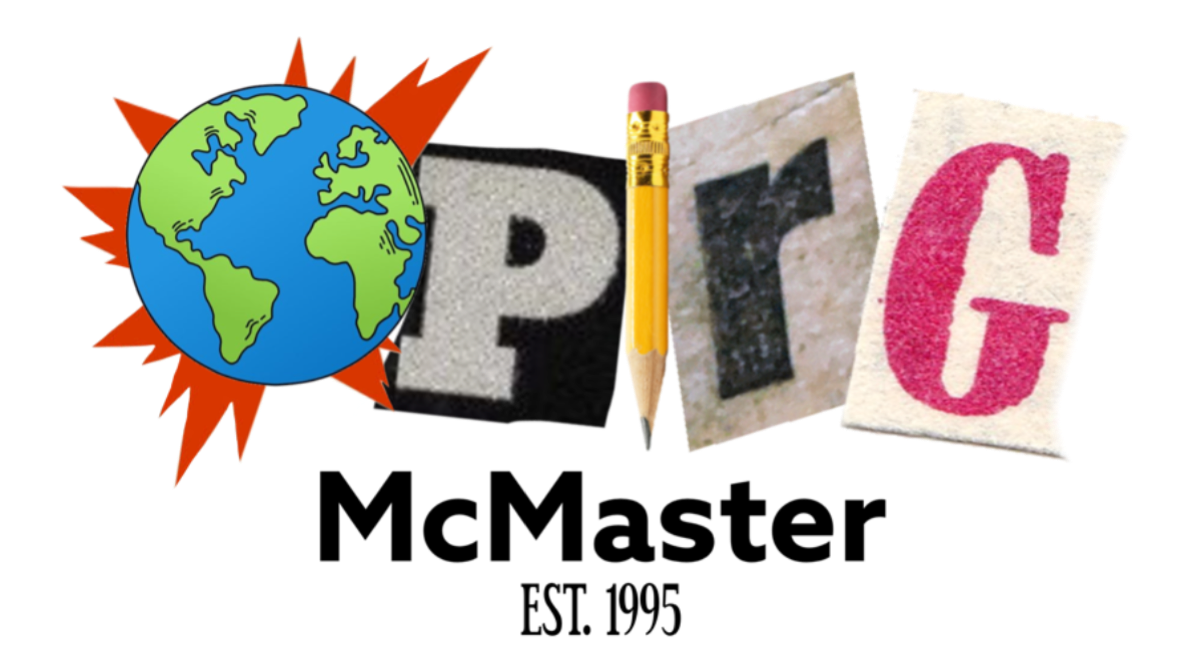freeskool me-dee-aa
opirg working group FREESKOOL in the SILA different way to learn
Thursday, March 18th 2010, McMaster Silhouette
By Lindsay JolivetLINDSAY JOLIVET
INSIDEOUT EDITORIn a few weeks, thousands of overworked university students will be leaving their last lectures with the tune of Alice Cooper’s liberating tune in their head.
However, in one of our city’s many hidden spaces a new philosophy about education is budding. The organizers of Hamilton FreeSkool hope to prevent their students from cheering “School’s out for summer.” The five organizers of this small organization will be the first to agree that Canada’s education system is oppressive. The observation isn’t new, but their solution certainly is.
Hamilton FreeSkool, founded just over a year ago, is a gathering space for individuals to discuss their views and learn in unconventional but creative ways. This month, they feature a workshop titled “Spring Reveille” on Mar. 27 that will include a potluck and a series of tentatively planned workshops. Among the possible workshops are a discussion of rights in the workplace and an introduction to poi, a type of performance involving swinging suspended balls in artistic patterns.
The founding of FreeSkool began with Students for a Renegade Society (SRS), an OPIRG working group at McMaster. A few other groups joined the cause and with little money, it developed into what it is now.
Other classes offered during this first school year have included one on the board game “GO,” several languages such as Spanish, French and Russian, tree identification and erotic movement. One of the five organizers, Amy Vegan, felt these classes have addressed “unmet needs in our community…by providing free and safe places for people to learn about various topics.”
More interesting than their eclectic variety of courses are FreeSkool’s values. Vegan shed some light on how this group’s anarchist philosophy operates in practice and how they hope, in time, it will bloom into something bigger. “FreeSkool is based on egalitarian, consensus and anti-oppression values and radical inclusivity.”
The principles of the organization challenge the mainstream education system, which they believe are “discriminatory and oppressive.” Vegan’s main example was the high expense of post-secondary education. “Only a fraction of the population can afford to attend university,” she noted. Even with OSAP and other loans, cost is a big deterrent for those already under the poverty line.
Furthermore, she argued that many subjects fail to address marginalized topics such as women’s history and the history of the working class. “Finally,” said she, “most students are indifferent and complacent about their learning…they participate very little in the learning process.”
FreeSkool challenges the traditional model by encouraging students to shape their own learning. “People are free to come and go as they please without the pressures of money and an authoritarian teacher. Instead, facilitators are there to help the class run smoothly and share knowledge they may have on a topic.”
Currently the organizers’ goals are fairly modest. Promotion, searching for teachers and venues, and simply keeping FreeSkool on its feet consumes most of their time. Nonetheless, Vegan had nothing but positive comments about their efforts thus far. When asked if they have faced many problems funding the free service she responded with an enthusiastic “Not yet!” adding, “FreeSkool has been well-supported by the community, and most classes and events have had very little overhead.”
When it comes to spreading their message, these ambitious organizers have no limits. They want to include absolutely everyone. “Everyone should be comfortable attending a FreeSkool class or event regardless of their political beliefs (or lack thereof),” Vegan explained.
On a bigger scale, Vegan maintained that their ideas are applicable outside of their casual environment. “The values that FreeSkool is based on can be a model for society at large, if we, as a society, will let them. Hopefully by participating in FreeSkool, the community will become more comfortable with these ideas and apply them elsewhere.”
To those involved, FreeSkool is much more than a group of individuals sharing ideas. It’s a movement towards a more open and inclusive society.
